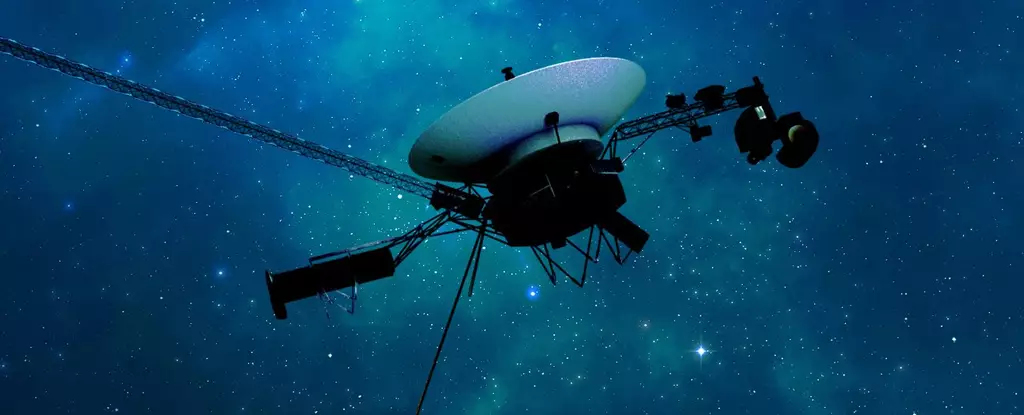Recently, NASA announced that its Voyager 1 probe, the most remote human-made object in space, had resumed sending useful data back to Earth. This exciting news came after months of the spacecraft transmitting nonsensical information to ground control. The setback occurred on November 14, 2023, when Voyager 1 ceased to provide coherent data, although it continued to acknowledge receiving commands from controllers. Luckily, a team at NASA’s Jet Propulsion Laboratory identified a malfunctioning chip as the culprit in March and successfully implemented a coding solution to work around the computer’s outdated system constraints.
Launched in 1977, Voyager 1 holds the distinction of being the first spacecraft to penetrate the interstellar medium in 2012. As of now, it resides over 15 billion miles away from Earth, requiring approximately 22.5 hours for signals to travel back and forth. Its companion, Voyager 2, also exited the solar system in 2018. Both probes bear “Golden Records” – extraordinary 12-inch, gold-plated copper disks designed to showcase the essence of our planet to potential extraterrestrial civilizations. These records encompass a variety of information, including a solar system map, a radioactive uranium specimen for dating purposes, and instructions on how to play the record.
Curated by esteemed astronomer Carl Sagan and a dedicated committee, the Golden Records encapsulate encoded images, music, and sounds representing life on Earth. Recipients can utilize a stylus provided with the records to uncover these treasures. Despite their remarkable journey, the power sources of Voyager 1 and Voyager 2 are predicted to run out post-2025. This event will lead to the probes drifting aimlessly in the Milky Way, potentially forever, with their sophisticated messages preserved in an eternal silence.



Leave a Reply